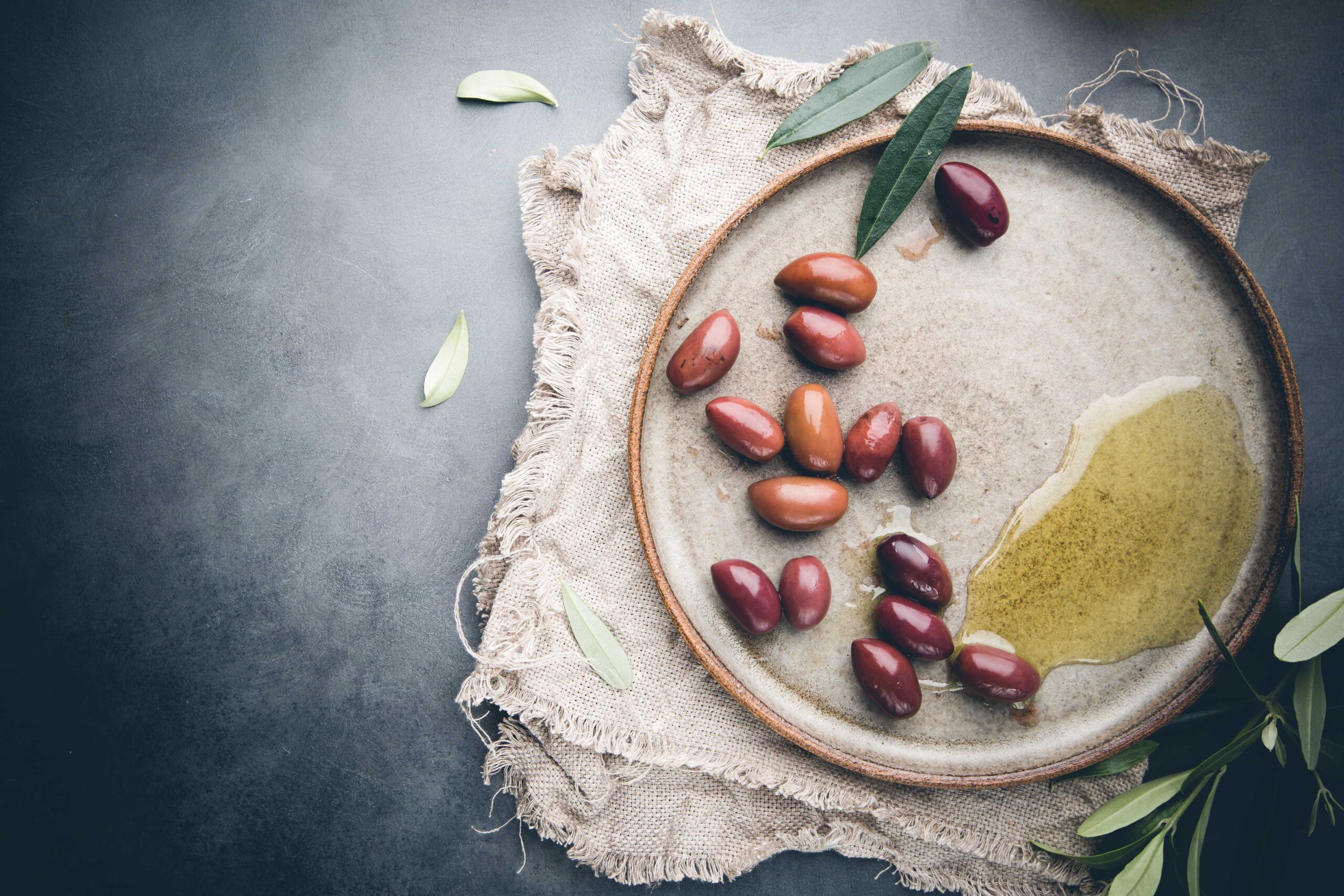Imagine stepping out of a time portal and into the sun-drenched, bustling world of ancient Rome—a world where olive oil isn’t just a kitchen staple but a treasured elixir that permeates every aspect of daily life. Here’s what it might feel like to travel back in time and immerse yourself in everything about olive oil:
A Day in the Life of an Ancient Roman Olive Oil Enthusiast
Morning: Arrival in a Vibrant Roman Villa
You awaken in a spacious Roman villa surrounded by lush olive groves that stretch as far as the eye can see. The early morning light glimmers on the silvery leaves of ancient olive trees, each one a silent witness to generations of cultivation. As you wander through the villa’s peristyle, you notice intricate mosaics depicting deities of agriculture and abundance, hinting at olive oil’s sacred place in Roman society.
Mid-Morning: A Visit to the Olive Grove and Press
Your first stop is the local olive grove where hardworking slaves and free citizens alike are busy at the harvest. You join them for a while, feeling the cool morning dew on your skin as you pluck ripe olives from gnarled branches. A local agronomist—a master of his craft—explains how the quality of the olive oil depends on the olive variety, soil, and even the time of harvest.
Next, you’re led to a traditional olive press, a marvel of ancient engineering. Here, heavy stone mills powered by human or animal strength crush the olives to extract their precious oil. The rhythmic sound of the press, the aroma of freshly crushed olives, and the sight of golden oil slowly seeping into terracotta amphorae create a multisensory experience that makes you feel deeply connected to the land.
Noon: Culinary Delights and the Art of Olive Oil in Daily Life
By midday, you find yourself at a bustling Roman market (forum) where olive oil is the star of the show. Merchants display an array of amphorae filled with different grades of oil—from the finest extra virgin used for feasting in aristocratic homes to more common varieties that fuel everyday cooking and even lighting in oil lamps.
You sample several offerings at a lively tasting stall, where local gourmands discuss how olive oil enhances not only flavor but also the health and beauty of Roman citizens. You learn that it’s used in salads, baked goods, and even in the preparation of fish and meats. Moreover, olive oil is a key ingredient in cosmetics, believed to nourish the skin and hair—so much so that many women carry small vials of scented oil to maintain their glow.
Afternoon: Immersion in Social and Cultural Rituals
In ancient Rome, olive oil also plays a role in social and religious rituals. You attend a public bathhouse where olive oil is liberally applied after a refreshing dip, serving both as a moisturizer and a status symbol. The bathhouse is a microcosm of Roman society, where conversations about philosophy, politics, and poetry flow as freely as the oil.
Later, you visit a temple dedicated to a goddess of fertility and agriculture. Here, olive oil is offered as a libation—a symbol of prosperity and divine favor. The priest explains that olive oil is a bridge between the mortal and the divine, a testament to nature’s bounty and the gods’ generosity.
Evening: A Feast Under the Roman Sky
As the day winds down, you’re invited to a sumptuous banquet hosted by a local patrician family. The table is laden with an array of dishes, each enriched by the robust flavors of olive oil. You relish dishes like honey-drizzled figs, grilled fish, and savory bread dipped in oil, all while lively conversations and melodious music fill the air. The meal isn’t just nourishment—it’s a celebration of life, community, and the remarkable legacy of olive oil.
Under the starlit sky, as torches flicker and the sounds of the city mix with the gentle rustling of olive leaves, you can’t help but feel that you’ve experienced something truly timeless. In ancient Rome, olive oil is more than a commodity; it’s a way of life—a symbol of culture, beauty, and abundance that has influenced civilizations for millennia.
Traveling back in time to ancient Rome to explore the world of olive oil would be an immersive adventure where every moment—from the rustic charm of the olive groves to the grandeur of social rituals—invites you to witness history in its purest, most flavorful form. Enjoy the journey, and let the golden elixir of the past illuminate your senses!













